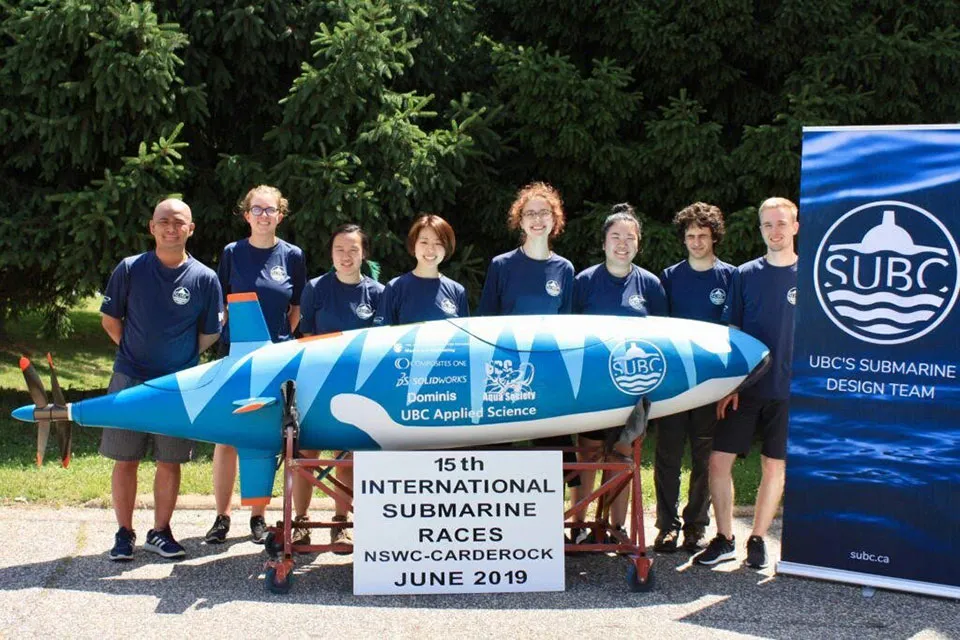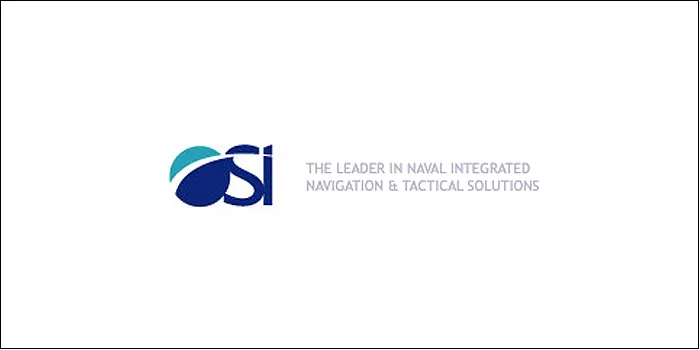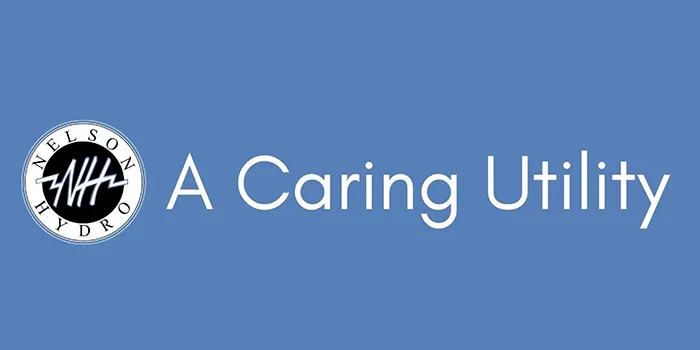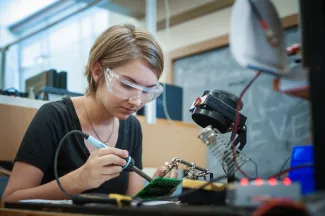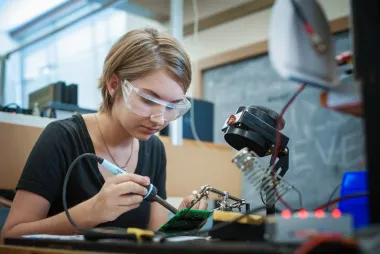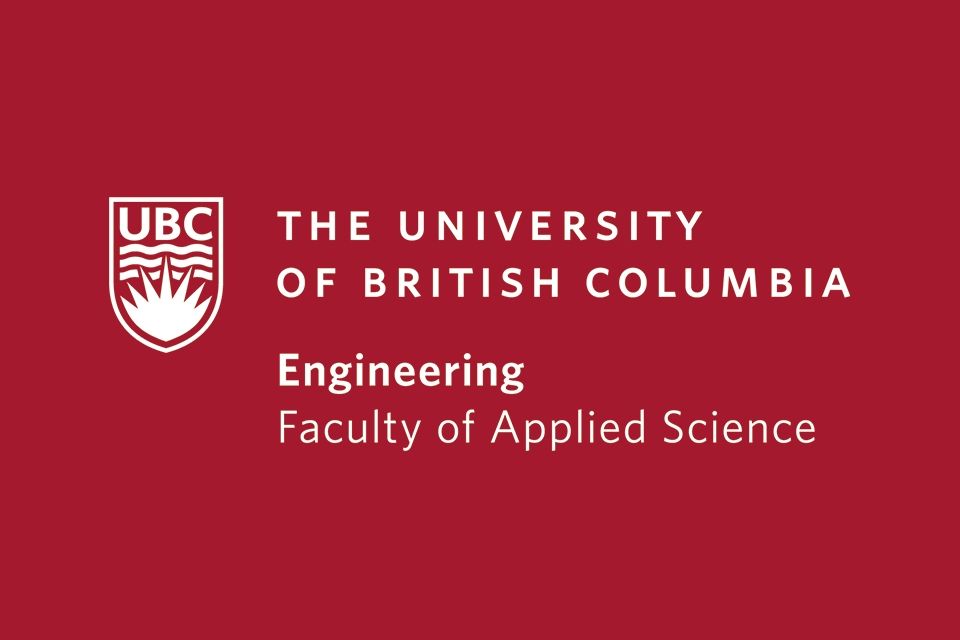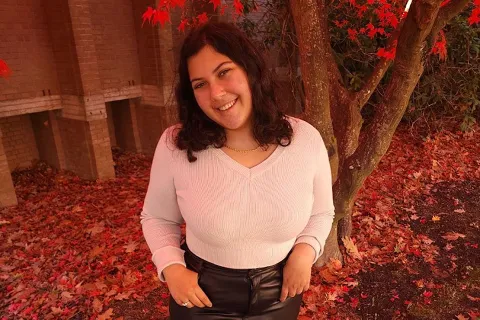
Eve Sankar
- Degree:
- Bachelor of Applied Science
- Program:
- Campus: Vancouver
- Year: 3rd year
Minor: Ocean Sciences
Why did you decide on UBC Engineering? What made it stand out compared to other schools?
I was deciding between Waterloo for mechanical engineering or UBC for the general first-year program. I’m so glad I picked UBC, because mechanical engineering would have been the wrong choice for me. The foundational first-year program helped me figure out what I wanted to do.
What new skills do you think you’ve developed as an engineering student?
The coding courses for electrical engineers have taught me an entire new way of thinking. And I have learned a lot about creative problem solving from the project-based assignments in my courses. There are always many potential paths to get to a goal. It takes a lot of creativity to think about possible solutions and then a lot of quantitative and qualitative analysis to pare it down to the one solution that you’re going to go with.
What’s the UBC Engineering community like?
Building and being part of a community has always been really important to me, which is one reason I’ve really enjoyed my work as Vice-President of Student Life with the Electrical and Computer Engineering Student Society (ECESS).
I have really appreciated the support of my professors. There’s a reputation that the grading scheme at UBC is harsh, and it is a hard program. However, whenever I needed support I’ve always been able to find it, which means a lot when you come from a smaller place.
One thing every engineering student agrees on is they couldn’t have made it through their degree without the help of others going through it at the same time. The difficulty of this program teaches you how to work well with other people from a range of backgrounds – and that you don’t need to love someone as a person to work well together as colleagues.
Did your engineering classes prepare you to succeed in your co-op jobs?
Some of the practical skills – like writing memos and learning to program in various computer languages – have been very helpful, as has my confidence that anything is fixable and solvable if you have the right resources behind you!
